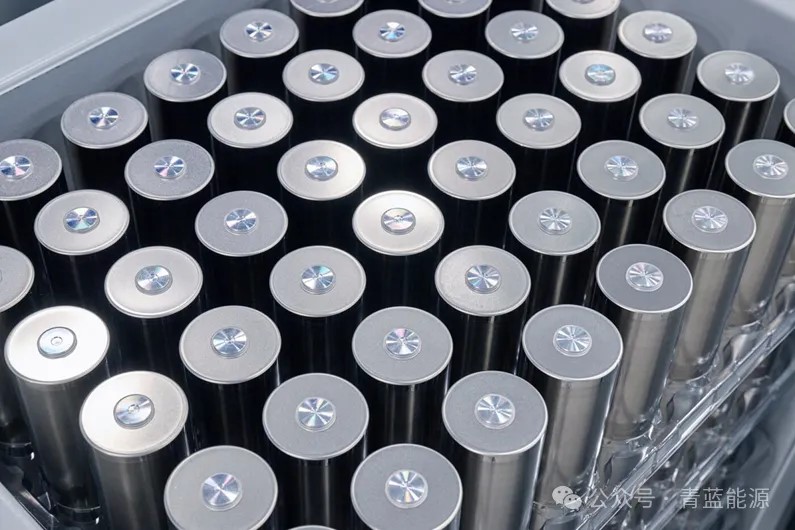According to a Reuters report on October 3rd, Tesla is currently designing and developing four versions of its 4680 battery in-house to power the Cybertruck, the upcoming autonomous Robotaxi, as well as other electric vehicles like the Model Y and Semi etc.

Tesla has been attempting to expand the production of 4680 batteries using a dry electrode process and has been striving to increase the manufacturing speed of the batteries. According to an earlier prediction by the cleantX-Energy Research, Tesla's current production capacity of 4680 batteries is close to 6 GWh/year. In mid-year, Tesla purchased dry electrode equipment for 4680 batteries from South Korean battery equipment company PNT. By the end of April this year, Tesla's 4680 batteries were already capable of supporting the production ramp-up of Cybertruck to 1,000 vehicles per week. However, at that time, Tesla's dry cathodes had not yet achieved a breakthrough, and only dry anodes were used. Tesla plans to introduce dry cathodes in Cybertruck batteries by the middle of next year, and the 4680 batteries with dry cathodes can support the production of 2,000 to 3,000 Cybertrucks per week.
Tesla plans to launch four new versions of the 4680 battery with dry cathodes by 2026, referred to internally as the 4680D project, with the internal codes NC05, NC20, NC30, and NC50 (NC stands for new cell, new battery). The battery version coded NC05 will be used for the upcoming autonomous taxi service Robotaxi. The NC20 battery is suitable for models like the Model Y SUV and Cybertruck; the NC30 and NC50 will be Tesla's first batteries to use silicon-carbon anode materials, with the NC50 potentially being used in high-performance models. At that time, Tesla's production capacity for 4680 batteries is expected to greatly increase.
Compared to the traditional wet process, the dry battery electrode can significantly increase the energy density of the battery and reduce the cost of the battery. Tesla acquired Maxwell in 2019 for $218 million, thereby obtaining dry electrode technology. One of Tesla's suppliers, LG Energy Solution (LGES), also plans to build a pilot line for dry electrodes by the end of this year and aims to achieve full-scale production of dry electrodes by 2028.
Tesla has been committed to developing more efficient and lower-cost battery technologies for its various types of electric vehicles, further enhancing Tesla's product performance and market competitiveness.






